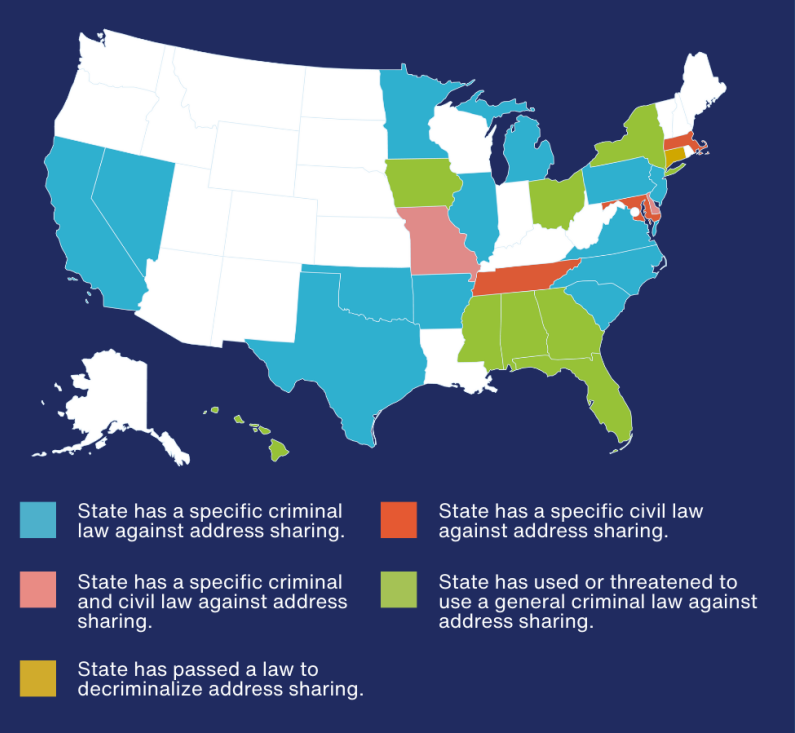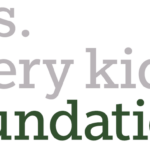On September 25, dozens of reformers, policymakers, and parents came together in the gymnasium of the former Monroe Elementary School – part of what is known today as the Brown v. Board of Education National Historical Park – for the first-ever No More Lines Symposium.
The year 2024 marks 70 years since the landmark ruling in Brown v. Board of Education of Topeka, which struck down racial segregation in public schools. In May 1954, the US Supreme Court declared that “in the field of public education, the doctrine of ‘separate but equal’ has no place. Separate educational facilities are inherently unequal.”
Reflecting on the gravity of the location, the group celebrated the anniversary of the decision and engaged in passionate discussions about the implications of residence-based attendance on kids of every creed and community across the nation.
Address Should Not Determine Aspirations
Derrell Bradford, president of 50CAN, kicked off the summit with a story of his own upbringing in Baltimore, Maryland. He recalled a conversation around the breakfast table about which family member’s address they would use to enroll Derrell in a public school that would better suit him. That school was outside of their city-assigned attendance zone, making their plans subject to potential legal penalties, but his family believed it was worth the risk to secure the right education for his needs.
Afterwards, Derrell facilitated a moving conversation with two parents and activists for equal access to public schools. He was joined by Kelley Williams-Bolar, a youth leader, educator, and mother from Akron, Ohio, as well as Jorge Elorza, CEO of Democrats for Education Reform and former mayor of Providence, Rhode Island, who remarked on his story and journey to transform his city’s schools as mayor.
Kelley recounted how she relied on what she calls the “Underground Railroad to public education,” referring to the ubiquitous practice known as “address sharing,” a tactic families across the country use to simply enroll their kids in a nearby public school.
In 2012, she participated in this practice and used her father’s address down the street – a house in which she and her daughters frequently stayed, but in Copley, the next town over – to enroll her daughters in a public school she believed would be a safer and more nurturing learning environment for them.
For this, she was investigated, prosecuted, and served nine days in jail for stealing a so-called public education, until she was pardoned by then-Ohio Gov. John Kasich.
Her story is tragic, but sadly, it is not the only one.
Listen to the full conversation between Derrell, Kelley, and Jorge in the former Monroe School auditorium, below:
Still A Long Way From Justice
Today, nearly half of states penalize families for enrolling in a public school outside of their assigned attendance zone. Just a single state – Connecticut – explicitly decriminalized address sharing in 2013 after Tanya McDowell faced felony charges for using her babysitter’s address to enroll her child while her family was experiencing homelessness.
That’s why our sister organization, yes. every kid., formed the No More Lines Coalition this year: to envision an education landscape where every student can access any public school, free from the constraints of district boundaries and socioeconomic status.


